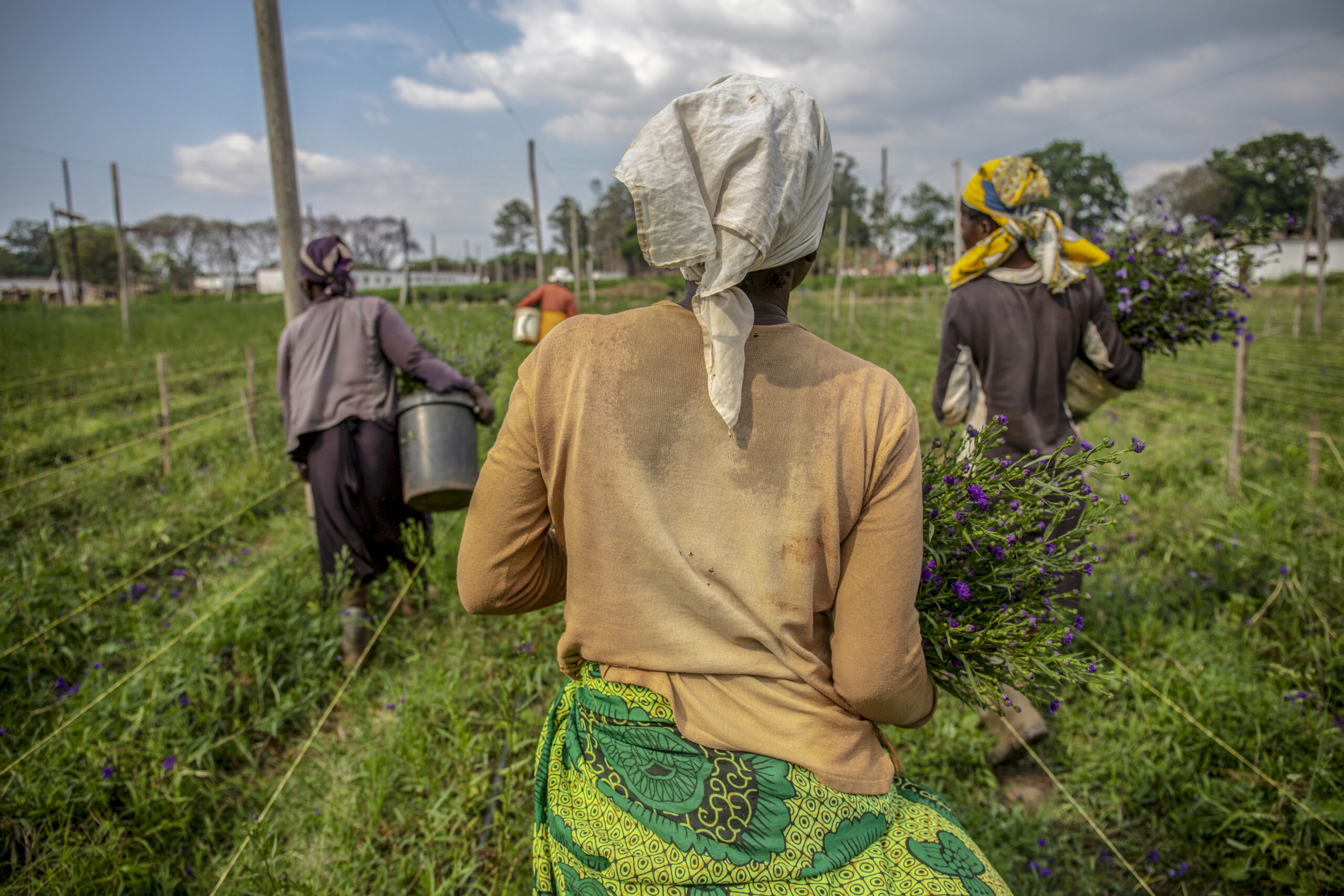COVID-19: workers call for OSHE legislation
The Zimbabwean government should immediately put an occupational safety, health and environment (OSHE) legislation in place throuh a statutory instrument (SI), to address long-standing health issues affecting farmworkers, especially in the wake of the COVID-19 pandemic.
This has emerged from ongoing discussion among workers unions that include the General Agricultural and Plantation Workers Union of Zimbabwe (GAPWUZ) and the National Employment Council for the Agricultural Industry in Zimbabwe (NECAIZ).
In the age of the coronavirus pandemic, the government has classified the agriculture sector as an essential service sector for the first time ever (through SI 83 of 2020); but has not put in place concomitant legislation to guarantee farmworkers’ health and safety, the unions say.
“The COVID-19 pandemic has brought to the fore long-standing occupational safety and health challenges affecting farmworkers in Zimbabwe,” a trade union official spoke on the condition of anonymity to us.
“We welcome this elevation of the agriculture to this status, because agriculture is the industry that guarantees the country’s food security; but we bemoan the lack of legislation to safeguard farmworkers’ health and safety,” the worker added.
GAPWUZ has since 2014 been pushing for the gazetting of the OSHE statutory instrument.
“We believe now is the best time for all parties to put that OSHE SI in place to help farmworkers, since an agreed document is already there in the hands of National Employment Council for agriculture industry.”
Agriculture workers’ occupational health and safety standards have always been poor, as workers work without personal protective clothing leaving them exposed to hazards. The situation should be addressed quickly, as work continues on the farms during the coronavirus pandemic.
“In the wake of COVID-19, little has been done to improve the situation. A few employers have provided masks, gloves, sanitizers, soap and running water as preventative measures during working hours, but it is not enough.”
She said such care should go beyond the workplace, since workers live in compounds where the environment is the same as in the workplace.
“The big question arises about what happens after working hours, considering the fact the farm has a domestic set up where workers stay and work in the same environment. Protection of workers and their families after work is very important, considering that some compounds lack clean running water and electricity.”
Another health concern is farm workers limited access to health facilities. Zimbabwe’s health delivery system has been on the decline for decades due to reduced investment in the sector by central government.
The farm health clinics have vanished in almost all the farms, and farmworkers are left to access health services from either rural district clinics or general hospitals which are not adequately funded and located far away from farms.
“This means in the wake of COVID-19, farmworkers are at risk of not seeking medical care in the event that they show symptoms therefore exposing and risking a total outbreak at the farms.”




